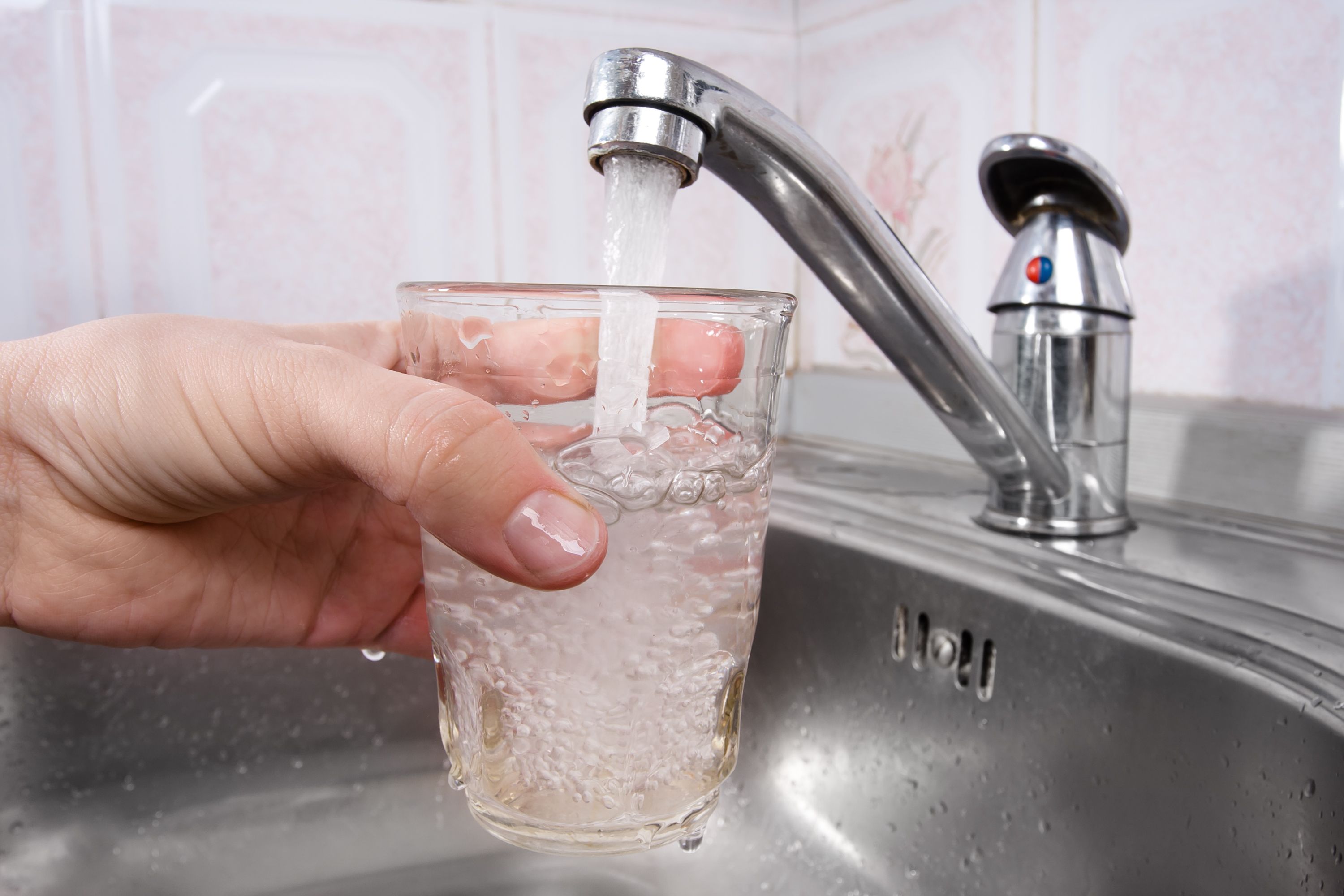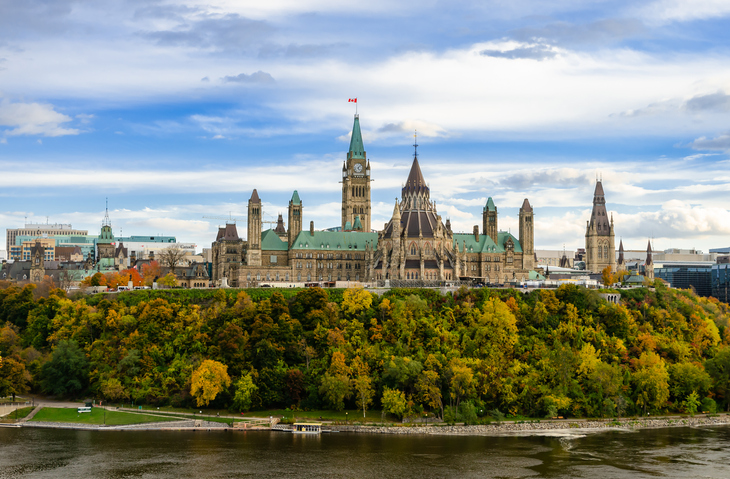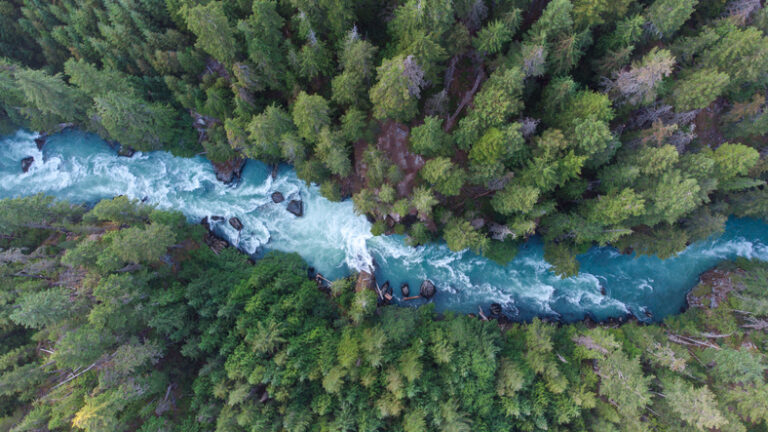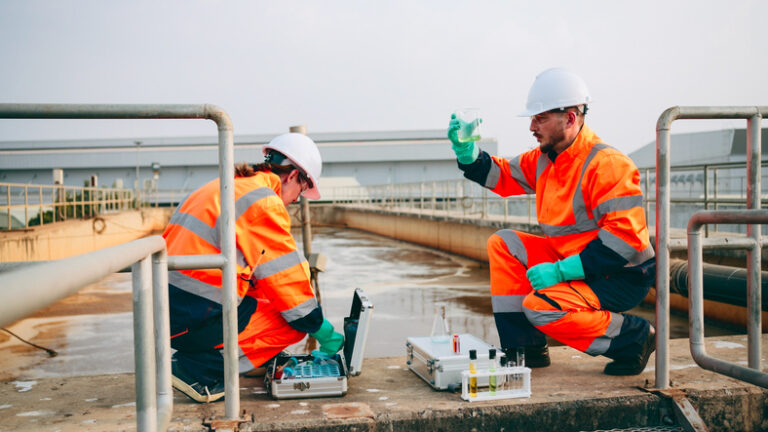Water is essential to all forms of life and for many around the world safe water is not readily accessible or necessarily safe. The reasons and issues why this reality is true for so many are vast. Even right here in Canada, there are many small rural and Indigenous communities that do not have proper access to clean water. Currently working on helping to change this reality is team WIDE: Water Integrated Design and Empowerment. Team WIDE is working on developing a water treatment system that can provide high quality water to remote communities in a sustainable way.
The story began when clean drinking water issues in rural and Indigenous communities piqued the interest of students at the University of New Brunswick (UNB). The UNB Water Project was formed as a campus club in November 2017 by students across several faculties. Through participation in the club, the members learned more about the lack of access to safe water across the country. In February 2020, the club learned about a tech-entrepreneurship competition, the 2020 Atlantic AquaHacking Challenge, that focused on water issues in Atlantic Canada.
As this challenge seemed similar in nature to some of the goals of the UNB Water Project, members of the club, along with some other students and recent graduates, formed team WIDE to tackle one of the challenges: “How can we develop tools to empower small rural and Indigenous communities to manage their drinking water supplies in a sustainable and culturally appropriate way?” WIDE began developing a sustainable water treatment system, placing third in the Atlantic AquaHacking Challenge finals in September 2020. WIDE is continuing to pursue its project following the competition.
To help bring accessible water treatment to remote communities, WIDE is hoping to take advantage of a valuable resource that already exists in remote communities: waste heat released from power generation. Many remote communities rely on diesel generators for electricity.
However, in diesel generators less than 40 per cent of the energy in the fuel is converted to electricity due to the power cycle’s limitations. The remaining 60 per cent of the fuel energy is released to the atmosphere through engine exhaust and cooling. Team WIDE is working on recovering this heat to power a water treatment system to produce high quality drinking water. Additionally, heat will be recovered from the system for community use.
The team is pursuing multiple effect distillation as a means of producing high quality water with the recovered waste heat. The process mimics the natural water cycle by evaporating the water into steam and recondensing the steam as pure water. The multiple effect distillation process is highly efficient because it uses the steam produced to evaporate more water. By heating, evaporating, and condensing the water, bacteria, metals, minerals, and other contaminants are removed. This ensures that the water is safe to drink.
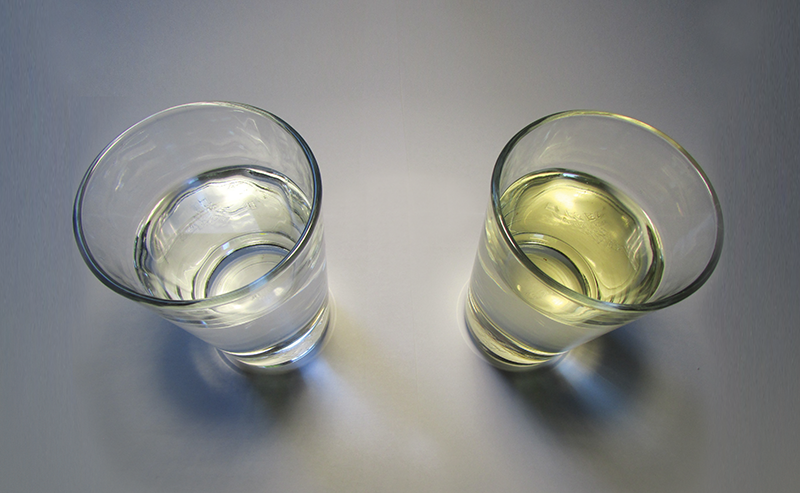
The removal of various contaminants will also result in visually appealing and good tasting water, which is not presently the case in many small rural and Indigenous communities. As the resulting water from the distillation is already safe to drink, only a small amount of chlorine, below perceivable taste levels, needs to be added to protect the water as it travels through the distribution system. These low levels of chlorine will not form dangerous disinfection by-products.
Team WIDE is working to develop a small community scale version of this process which is currently used in medium to large scale desalination. WIDE is working on designing a customizable containerized distillation water treatment system. The containerized format means it can be quickly transported, and set-up, reducing water treatment project wait times, as well as capital costs. This will allow for more communities to have accessible water treatment in a shorter timeline. Preliminary calculations have shown that there would be sufficient excess heat released from the diesel generators in a typical remote community to distill enough water to meet the community’s residential water demand.
Although distillation is a heat intensive process, a significant amount of that heat can be recovered. This could be used in the community to heat homes, community buildings, or a community greenhouse, generating additional value for the community and reducing the reliance on heating fuel. This fits well with the foundational goal of WIDE, to integrate different systems to empower communities in a sustainable and culturally appropriate way.
As of right now, this is just a concept, but team WIDE is working hard to make it a reality. There are still many challenges as well as drawbacks to examine. A few of the main drawbacks of distillation as a water purification process are that it is more complicated, often takes up more space, and often has a higher capital cost than traditional water treatment systems.
Through a containerized simple design, team WIDE hopes to address the space and complexity challenges. Whether the system will be financially competitive and viable is in the process of being evaluated. Four of the team members are pursuing the system detailed design as an engineering final year design project at UNB. This will involve building a prototype to help validate the concept and perform a financial feasibility analysis.
The team is anticipating other members participating in a start-up accelerator program through Planet Hatch to assist in the development of a successful business plan. The team is also pursuing research collaborations with the university. Both the design project and the start-up accelerator will finish in April 2021, which will provide a comprehensive overview of the technological, economical, and business feasibility of the concept. This comprehensive overview will help the team the determine the concept’s feasibility and hopefully launch as an incorporated business and work to pilot the system in a community.
Throughout the entire process, the team is engaging in conversations with different communities to ensure the design is accessible and culturally appropriate. Team WIDE is also designing a system to allow water information to be distributed to the community to build trust and pride in the community’s water and water system. Each step the team takes brings us one step closer to a goal we as a society should strive towards: clean water for all.
This article was written by Rachel Hudson, Nathan McNally, and Mudiwa Mharapara for the January/February 2021 issue of Water Canada. Rachel Hudson is a programmer for the Government of Canada and a former student at the University of New Brunswick. Nathan McNally is currently working on his mechanical engineering degree at the University of New Brunswick. Mudiwa Mharapara is a recent graduate of civil engineering at the University of New Brunswick.

